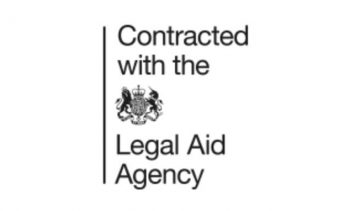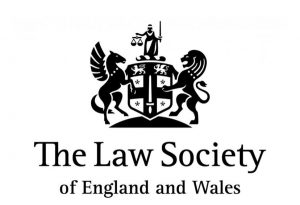One of the most important tools for the claimant is the ‘Default Judgement’. However, consideration must be given due to consideration that it can be set aside. A defendant has 14 days to file an acknowledgement of service or file defence from the date of service of particulars of claim.
In the absence of filing, the claimant has the right to request judgement by default. The court when taking into consideration a set-aside application, the court will take into account whether the application has been promptly and will thereafter consider the following listed below:
- The circumstances within the court has the discretion to set aside and vary the default judgement
- If Judgement has been entered wrongly
Courts discretion to set aside ‘Default Judgment’
The court has the discretion to set aside a default judgment in the following circumstances:
- Defendant has a real prospect of defending the claim,
- It appears to the court that there is some other reason to do so:
- Defendant should be allowed to defend the claim.
- Default judgement should be set aside or varied.
It is not sufficient for the defendant to show he or she simply has an arguable defence but must demonstrate that there is a real prospect of defending the claim, an arguable chance. Some other reason ground is, therefore, a stand-alone alternative, and offers little in its rather simplistic meaning, however, one can say it offers the court offers a broad discretion. When an application of such nature is made to the court, opposing an application might be costly and lead to an adverse cost order being awarded.
“Wrongly entered” default judgments
The court must set aside a default judgment that has been wrongly entered even if there is no defence on the merits. This will occur in the following circumstances:
- An acknowledgement of service or defence has been filed within the time limits set.
- An application has been made for a summary judgment before default judgment was entered.
- Before default judgment was entered, the defendant filed and served on the claimant an admission of liability to pay all the money claimed in a money claim, together with a request for time to pay.
- The entirety of the claim was satisfied before judgment was entered.
How can we help?At Adel Jibs our solicitors in Enfield, and across London we are highly experienced in all matters of property. For advice, assistance or representation please contact us on 02034173859 or complete our online contact form or speak to Del.
Our Previous Post
How to solve it – Landlord and Tenant Dispute
No Fault Divorce – What you need to take into consideration and know
Extension of video-witness of Wills extended until 2020
The information given here is intended for general information purposes only and should not be taken as legal advice



1 thought on “Circumstances in which default judgement is set aside ?”
Pingback: Technology is changing the legal sector